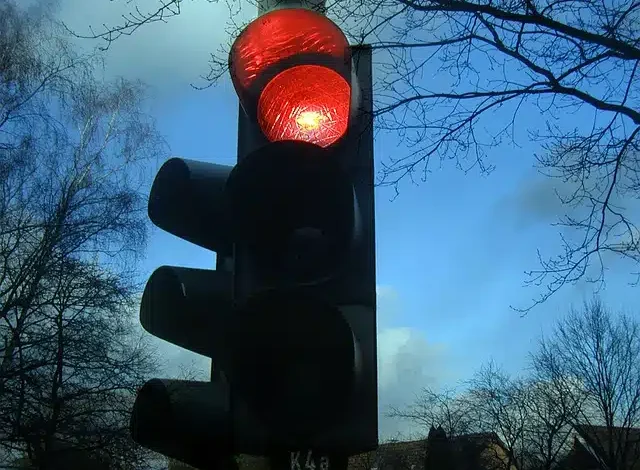Zimbabwe launches AI-powered traffic system to ease congestion and improve road safety

Zimbabwe has rolled out an AI-driven traffic management system to tackle the growing issue of urban congestion, starting with its capital city, Harare. This advanced system uses real-time data to optimise traffic flow, reduce delays, and improve road safety by efficiently managing traffic patterns.
The new system employs artificial intelligence to monitor and adjust traffic signals dynamically. It collects data from traffic cameras and sensors placed throughout the city to predict traffic trends and adapt the signals accordingly. This proactive system aims to alleviate the notorious traffic jams in Harare, while also reducing the risk of accidents by ensuring smoother traffic movement.
Zimbabwe’s adoption of this smart traffic technology positions the country as a leader in urban innovation within Africa. The AI-powered system is part of a broader push to modernise African cities using cutting-edge technology to solve long-standing urban issues.
The success of this project in Harare could inspire other African cities facing similar traffic problems, such as Lagos, which has also been exploring smart city solutions. For example, in 2021, Lagos introduced its Traffic Management Solution (TMS), a device designed to capture real-time footage of traffic violations and allow citizens to pay fines electronically, helping reduce gridlocks and curb corruption among traffic officials.
However, the implementation of advanced traffic systems does come with challenges. Ensuring system reliability, maintaining infrastructure, and gaining public support will be key to the long-term success of Zimbabwe’s initiative. Continuous investment in technology and public education will be essential to fully realise the benefits of the AI system.
In conclusion, Zimbabwe’s move to adopt an AI-powered traffic management system is a major step forward in addressing urban congestion and safety concerns. By embracing these technological solutions, Zimbabwe sets a positive example for other African nations looking to modernise their cities and improve the quality of life for their residents.





